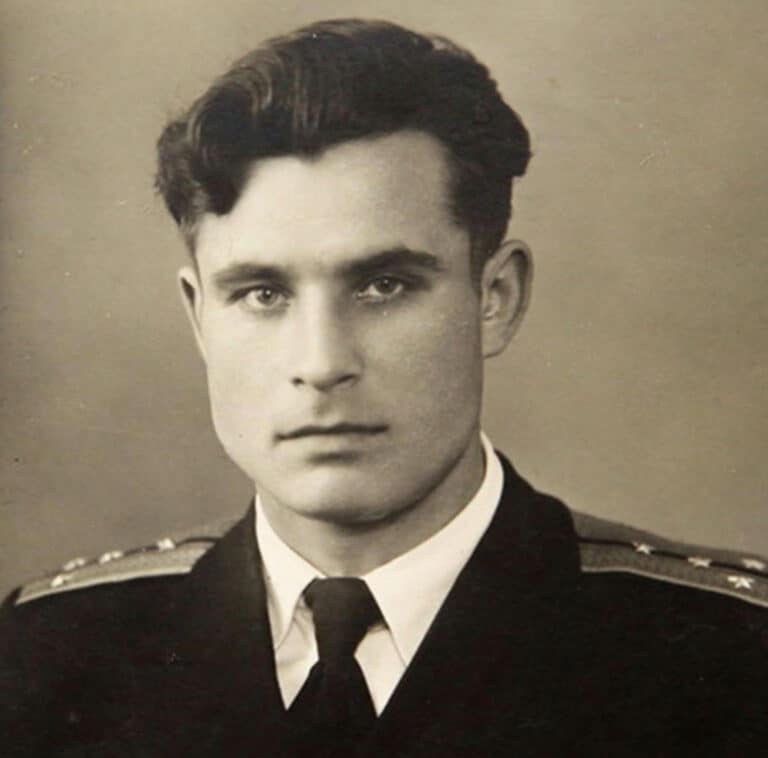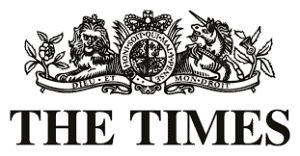Future Of Life Award 2024
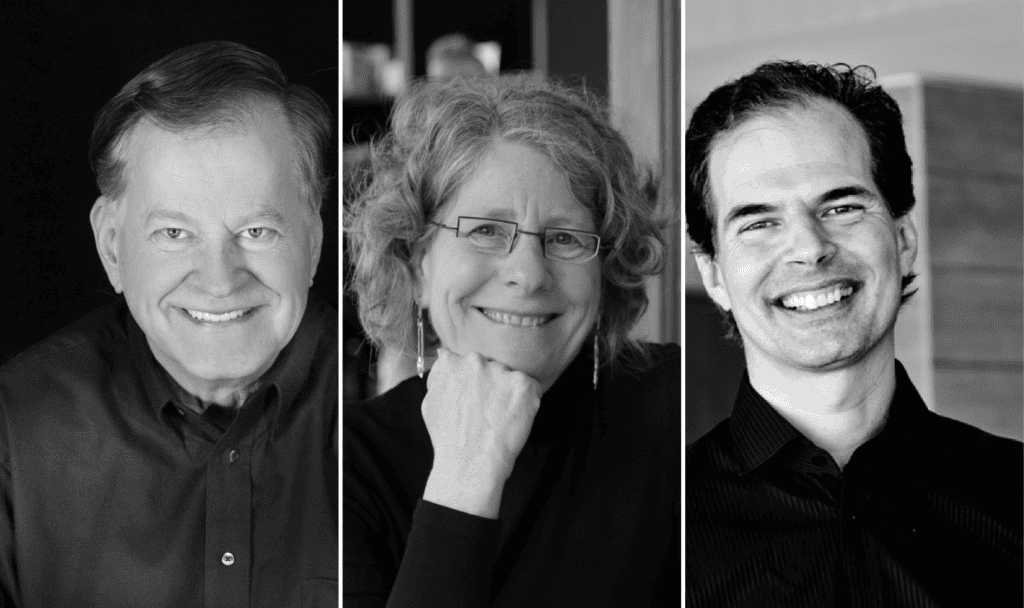
Contents
Laying the foundations for ethics and safety in computing and AI
As artificial intelligence development continues at breakneck speed, people worldwide – from computer experts, to lawmakers, to the general public – are increasingly concerned about the ethics and safety of this technology.
The 2024 Future of Life Award honors three groundbreaking researchers and scientists who pioneered the integration of such topics into computing and AI, and helped spotlight the need to align these game-changing technologies with human values.
Over the last half century, these three individuals introduced and developed the concepts that shape technology development and design to this day, from theoretical foundations, to ethical integration, to technical safety. Watch how their invaluable contributions continue to help ensure AI remains a force for good in the world.
Video: Telling the stories of the Future of Life Award 2024 winners
Press release
As AI Capabilities Grow Dramatically, ‘Future of Life Award’ Given to Pioneers in Computer Ethics, AI Safety
Three leading researchers and scholars were honored by the Future of Life Institute for laying the foundation of modern ethics and safety considerations for artificial intelligence and computers.
For Immediate Release
December 9th, 2024
Media Contact: Chase Hardin
chase@futureoflife.org

Left to right: James H. Moor, Batya Friedman, Steve Omohundro
SAN FRANCISCO – Yesterday, scholars Batya Friedman, James H. Moor, and Steve Omohundro were celebrated as the 2024 recipients of the Future of Life Award at a private event in San Francisco. The award honors individuals who have not been sufficiently recognized for their achievements despite making today’s world dramatically better than it might otherwise have been, unsung heroes in shaping a better future for humanity.
This year, the Future of Life Institute (FLI) sought candidates who represented both the best scholarship and practical application of computer ethics and AI safety. Moor’s insights created the philosophical framework for understanding AI’s ethical implications; Omohundro’s innovations address the technical risks and safety concerns associated with AI systems; and Friedman’s groundbreaking work operationalizes these ideas by ensuring that ethical considerations are embedded in the design process.
“We can trace our current ethical and philosophical debates over aligning modern technology with human values to the scholarship of these three individuals,” said Emilia Javorsky, Director of the Futures Program at the Future of Life Institute. “Their work gave us – scientists, policy-makers, activists, and the public – the requisite vocabulary and frameworks to keep up with advancements in computer and AI technology. We are honored to celebrate them here today.”
Batya Friedman is a leading professor in human-computer interactions at the University of Washington. She founded the field of value-sensitive design, which promotes the integration of human values into technology development. Friedman’s methodology influenced how ethical considerations are embedded in digital systems across multiple scientific disciplines.
“Values do not stand apart from the tools we build and how we choose to use them,” said Batya Friedman, recipient of the Future of Life Award. “Today’s recognition legitimates and celebrates a commitment to intentionally designing technologies that support human flourishing while preserving the richness and diversity of human experience. Value sensitive design isn’t just a framework, it’s a way of doing – of shaping technology with moral imagination.”
James H. Moor, who is receiving the award posthumously, was a prominent professor at Dartmouth College. He defined the field of computer ethics through his influential article “What Is Computer Ethics?” It was his work that introduced key concepts into the discourse such as the “logical malleability” of computers and the potential “policy vacuums” this technology might therefore create.
Steve Omohundro is a pioneering AI researcher and scientist. His work was foundational to understanding the safety considerations of artificial intelligence. He was an early advocate for aligning AI with human values while raising awareness about the ethical implications of the technology.
“Understanding the fundamental drives of artificial intelligence systems isn’t just an academic exercise; it’s essential for creating beneficial AI that aligns with human values,” said Steve Omohundro, one of the recipients of this year’s Future of Life Awards. “This award highlights how crucial it is that we carefully design AI systems with appropriate goals and constraints, ensuring they work toward positive outcomes for humanity. We must embrace this responsibility as we develop increasingly powerful AI technologies.”
Previous Future of Life Award honorees have included the leading creative voices behind WarGames and The Day After, those responsible for the development and popularization of the science behind nuclear winter, and three individuals who contributed to the creation of the Montreal Protocol.
The Future of Life Institute is a global non-profit organization working to steer the development of transformative technologies towards benefiting life and away from extreme large-scale risks. To find out more about our mission or explore our work, visit www.futureoflife.org.
Featured on StarTalk Podcast
The winners of the 2024 Future of Life Award appeared on an episode of the StarTalk podcast:
Make a Nomination
Help us find our next unsung hero...
If you want to nominate someone for the Future of Life Award, please use the link below to access the registration page. Once registered, you will be able to submit your nomination with supporting links and documentation.
If we decide to give the award to your nominee, you will receive a $3,000 prize from FLI for your contribution.

Awards from other years
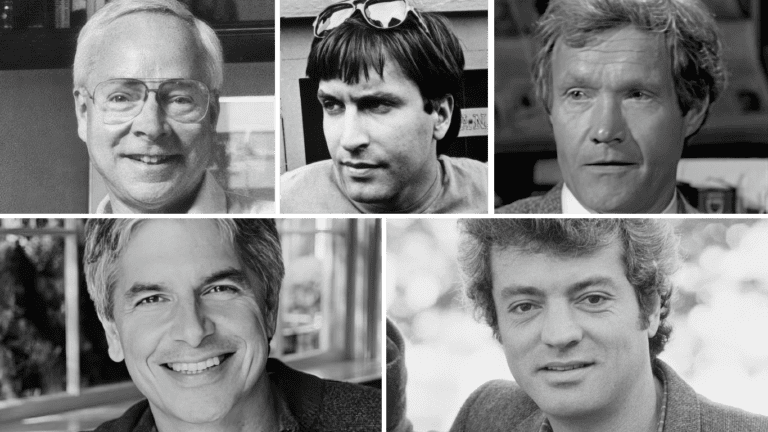
Future Of Life Award 2023
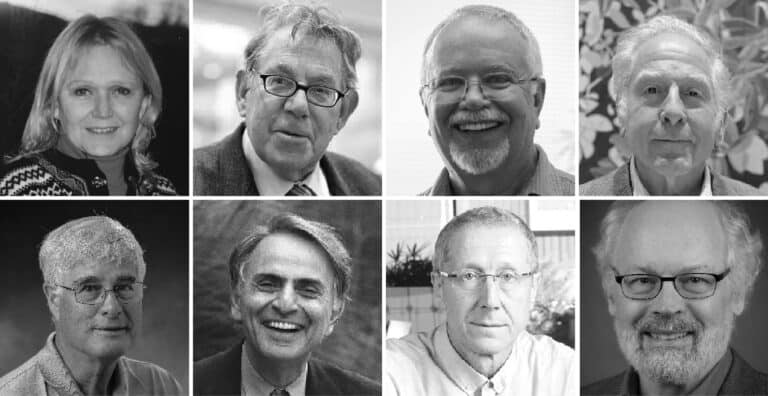
Future Of Life Award 2022
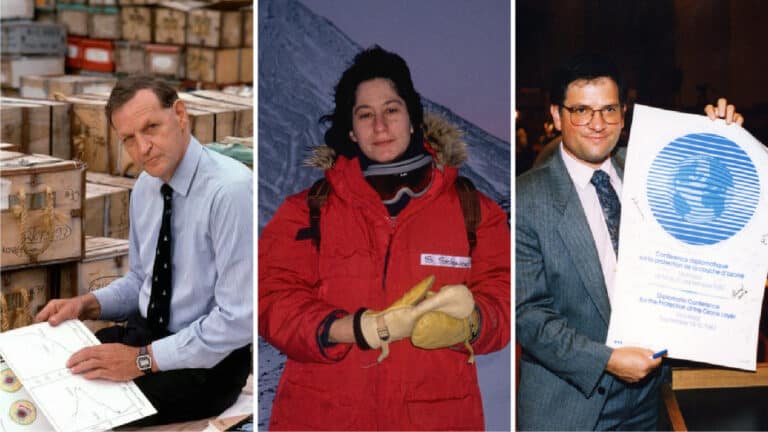
Future Of Life Award 2021
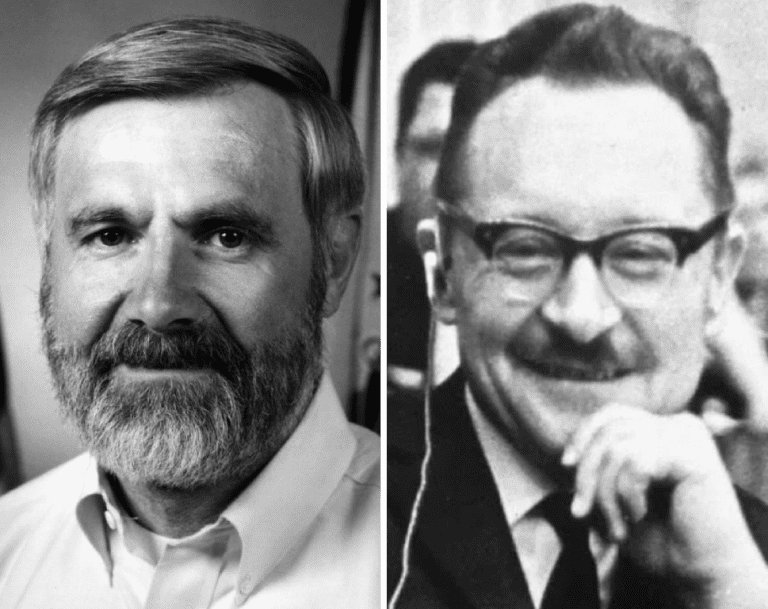
Future Of Life Award 2020
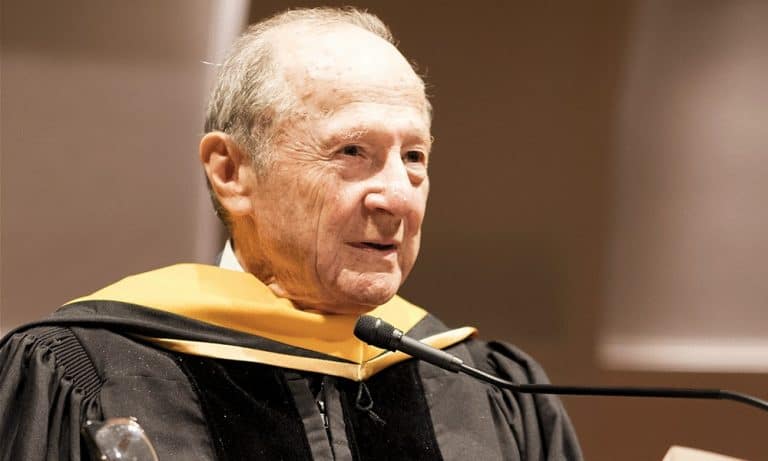
Future Of Life Award 2019
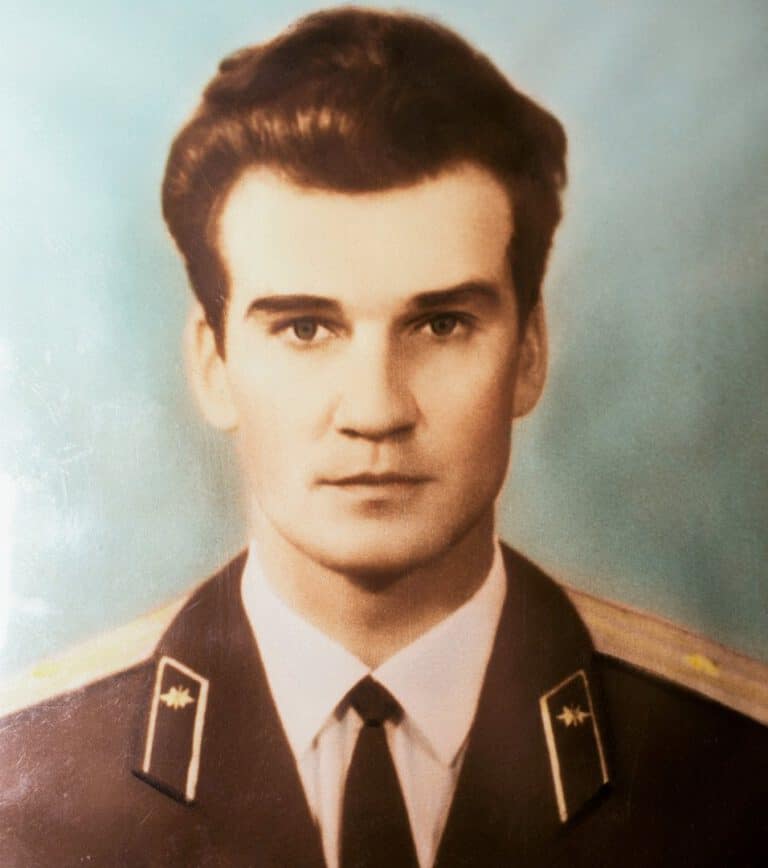
Future Of Life Award 2018
